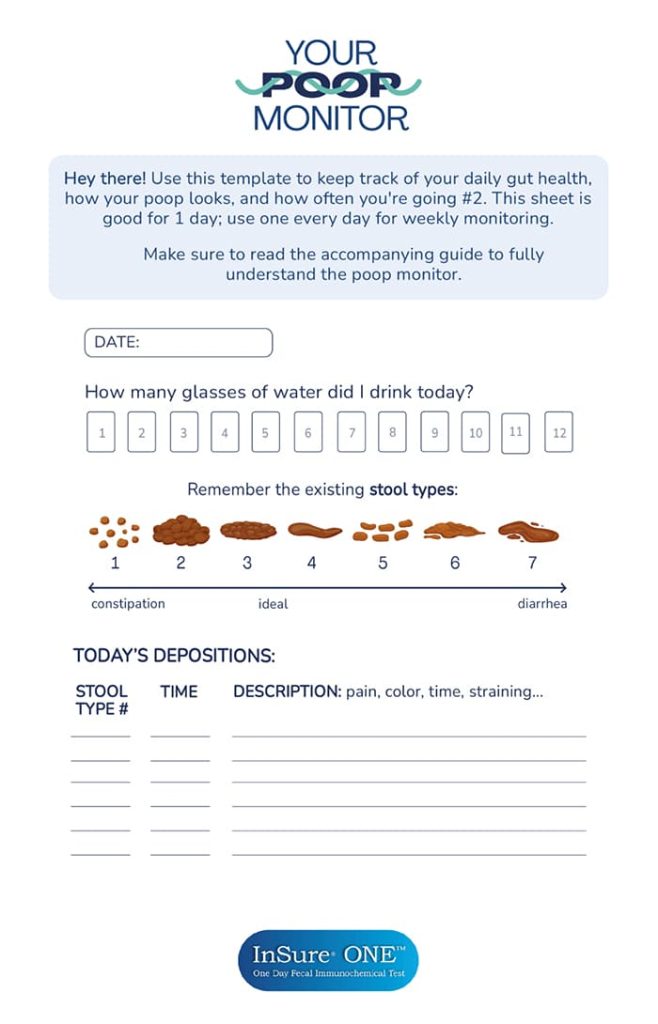Your gut has a lot to say – and sometimes, it’s subtle. Bloating, changes in your stool, or feeling off in ways you can’t quite explain? These can be your digestive system’s way of asking for a little attention. The signals aren’t always dramatic, and they’re easy to overlook, but tuning in can give you valuable insight into what’s going on inside.
Let’s take a look at some of the ways your gut communicates (and why they’re worth noticing).
You’re Always Bloated—Especially at the End of the Day
A little puffiness after a big lunch is totally normal. But if your belly regularly feels swollen or uncomfortable – even when you’re eating well. it might be worth looking into. One possible reason could be something called SIBO (Small Intestinal Bacterial Overgrowth), where some bacteria end up in the wrong spot in your gut and start causing extra gas and bloating. It’s more common than most people think and can often go unnoticed for a long time. The good news? It’s manageable – and identifying patterns like these is the first step to feeling better.
Your Poop Looks… Different
We’re not always taught to look, but stool is one of your body’s best gut health indicators. If your poop is pencil-thin, unusually pale, black and sticky, or has visible blood, don’t brush it off, even if you feel fine. These signs can suggest anything from hemorrhoids to polyps or even early colorectal cancer. Here’s a breakdown of what different stool colors can mean.
You Haven’t Gone in Days (and Assume That’s Normal)
Everyone’s bathroom habits are a little different, but if you’re going less than three times a week, or often feel like it’s hard to go, it might be worth checking in with your gut. Constipation just means things are moving slower than usual. It happens for lots of reasons—like stress, changes in diet, or not drinking enough water.
Over time, frequent straining can put pressure on your system and may increase the risk of things like hemorrhoids or diverticulosis (small pouches that can form in your colon). While it sounds serious, these issues are common and often manageable, another good reason to pay attention to your regular rhythm.
You’re Tired, Foggy, or Moody – and You’re Not Sure Why
Your gut and brain are in constant communication through something called the gut-brain axis. That means when your gut health is off, it doesn’t just affect digestion it can impact how you feel emotionally and mentally. Feeling unusually tired, unfocused, or moody? Your gut might be part of the reason. In fact, research suggests that an imbalanced microbiome may play a role in conditions like anxiety and depression.
So… What Can You Do (That’s Actually Simple)?
If something in your gut doesn’t feel quite right—whether it’s changes in your bathroom routine, ongoing bloating, or just a gut feeling—it’s okay to check in. One of the easiest ways to get a clearer picture of what’s going on inside is with a simple at-home stool test.
The fecal immunochemical test (FIT) looks for hidden blood in your stool—something you wouldn’t notice on your own, but that can be an early clue of digestive changes or even signs of colorectal cancer. It’s non-invasive, quick, and doesn’t require any prep or diet changes.
Tests like InSure® ONE® are designed to fit into real life. No labs, no stress—just answers that can help you take better care of your gut.
Your gut is always sending signals. This is one easy way to listen.

